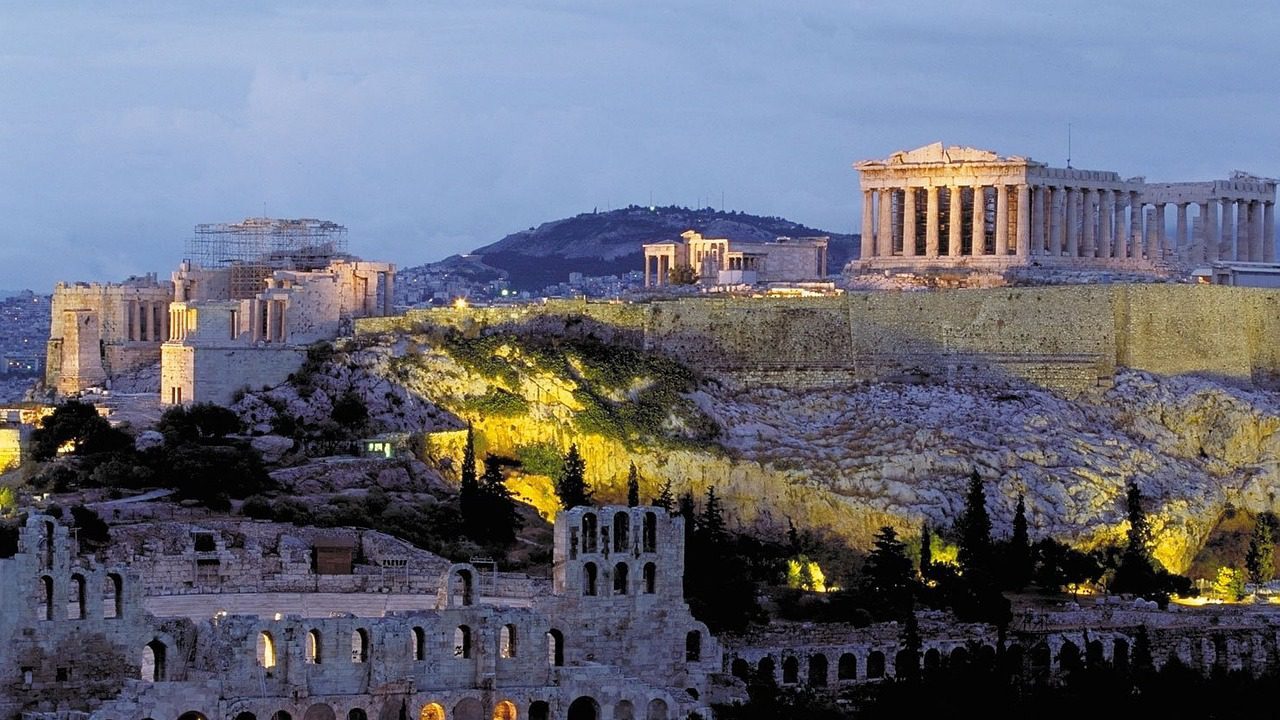
After over a century of being in papal possession, three 2,500-year-old pieces of the Greek Parthenon are heading homeward. On Tuesday, March 7th, the Vatican Museums officially donated the priceless marbles to Greece, Reuters reports.
Pope Francis’ gift, however, is not for the Greek state, but for the Autocephalous Orthodox Church of Greece, as headed by Primate Ieronymos II. The gesture is intended to promote ecumenical dialogue between the two churches.
Last December, Pope Francis ordered the sculptures to be returned, after which a deal, now finalized, was drawn up.
At Tuesday’s signing ceremony at the Vatican Museums, Ieronymos was represented by Father Papamikroulis Emmanouil, who told The Associated Press that the Greek Orthodox Church and its leader were grateful to Pope Francis for the “historic” deal.
“It has taken place at a difficult time for our country, and it will hopefully provide some sense of pride and happiness.” He added that he hoped the initiative “would be followed by others”—no doubt a reference to a collection of sculptures from the ancient temple still being held by the UK—as it “does help heal wounds of the past and it demonstrates that when Christian leaders work together, they can resolve issues in a practical way.”
The pieces being returned, now mere fragments of the original works, are all heads: one of a horse that was pulling Athena’s chariot, the others a boy and a bearded male. They are thought to be the remnants of a 160-meter-long frieze that ran around the outer walls.
Resting on the Acropolis in Athens, the Parthenon was completed in the fifth century B.C. in devotion to the pagan goddess Athena, representing both Athens’ architectural and civilisational apex.
Speaking at a private signing ceremony, which was attended by Greek Culture Minister Lina Mendoni, Vatican City’s governor, Cardinal Fernando Vergez, said the papacy had “correctly” acquired the three pieces at the start of the 19th century.
Much of the frieze, along with other large parts of the temple’s decorations, was lost in a 17th-century bombardment.
With its donation, the Vatican Museums now no longer holds any parts of the Parthenon. The pieces are expected to arrive in Athens later this month, with a March 24th ceremony planned to receive them.
In the meantime, London and Athens are negotiating a possible transfer of the British Museum’s own, considerably larger, collection; known as the Parthenon Sculptures, they are also referred to as the Elgin Marbles.
In the early 19th century, most of what was left after the previously mentioned bombardment was removed by British diplomat Lord Elgin when he was ambassador to the Ottoman Empire, which then ruled Greece. Ever since Elgin’s expropriation, the Greeks have been clamoring that everything should be given back by British authorities.
Until recently, the British Museum considered this out of the question, insisting they were legally acquired.
Last month, British Museum chair George Osborne said the UK was working on a new arrangement with Greece through which the Parthenon Sculptures could be enjoyed by London and Athens audiences both.
